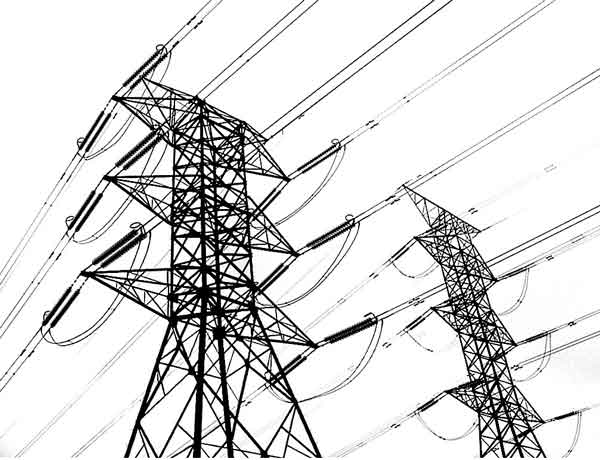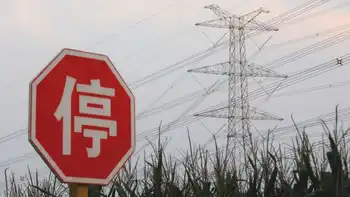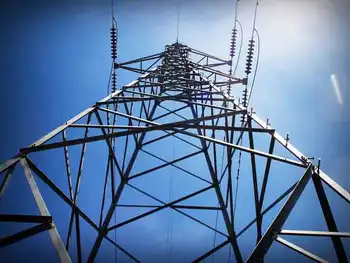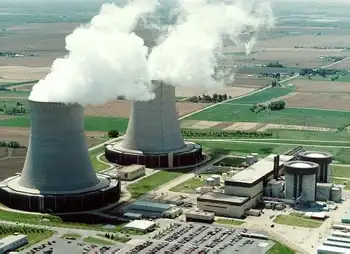India to award three more 4,000MW power projects
The sites identified are Akaltara in Chhattisgarh, Bedabahal in Orissa, and Cheyyur in Tamil Nadu. According to current plans, the government will invite the Request for Qualification for the Cheyyur UMPP in June 2009, and Requests for Qualification for the other two are likely to be invited in July and August.
The selection process for a developer usually takes about nine months. PFC Consulting Limited, a wholly owned subsidiary of state-run Power Finance Corporation Limited, will function as the nodal agency for the three UMPPs. Each of the UMPPs involves an investment of more than $3.5 billion that will be raised in a debt-to-equity ratio of 70:30.
The special purpose vehicle for the Cheyyur UMPP has already received environmental clearances from the Ministry of Environment and Forests. State-owned Power Grid Corporation of India will conduct the power transmission study while state-owned RITES Limited, formerly Rail India Techno Economic Services, will conduct the fuel transportation study.
Orissa Integrated Power Limited is the special purpose vehicle set up for the Bedabahal UMPP and has already confirmed availability of water and fuel for the project. Akaltara Power Limited is the special purpose vehicle that will execute the Akaltara UMPP. Water supply from the Rehar River in Chhattisgarh has been assured and technical studies are currently under way.
The Indian government plans to add 50,000 MW of power generation capacity through 13 UMPPs before the end of the Twelfth Five-Year Plan (2012-17). In 2008, the government awarded contracts for four UMPPs. Tata Power Company Limited was awarded the contract for the first UMPP in Mundra, Gujarat, while the contracts for the other three UMPPs in Tilaiya, Jharkhand; Krishnapatnam, Andhra Pradesh; and Sasan, Madhya Pradesh, have been awarded to Reliance Power Limited. In February this year, the government reviewed a proposal that sought to limit the number of UMPPs awarded to a single developer. The proposal was first made in 2007 but was turned down by an Empowered Group of Ministers in an effort to increase competition. The group instead suggested putting in place stringent performance guarantee mechanisms to discourage developers from overextending themselves in bids to win UMPP contracts.
However, power industry analysts are of the opinion that restricting the number of projects per developer would not hinder competition, since the private sector contributes only 20-25% of the country's power generation capacity.
Tata Power is considering the option of divesting part of its stake in the Mundra UMPP to finance other power capacity addition projects. The company is contemplating the possibility of divesting equity in Coastal Gujarat Power Limited, the special purpose vehicle formed for the Mundra UMPP. Tata Power may also dilute equity in Maithon Power Limited, a 74:26 joint venture with Damodar Valley Corporation.
Tata Power is reported to have procured around $3 billion in debt and needs an additional $452 million in equity by 2010. It is towards achieving this end that the company is planning to divest part of its stake in CGPL, MPL, and its telecom companies, Tata Teleservices Limited and its associate, Tata Teleservices Limited. However, the firm has not yet made any official announcement to this effect.
Tata Power is currently developing six thermal power plants, including the Mundra UMPP. The 4,000-MW Mundra UMPP is being developed with an investment of $3.3 billion, which has been raised through equity, external commercial borrowings and domestic loans. The other thermal power projects being developed by Tata Power are the 1,050-MW Maithon Power Project in Jharkhand; the 120-MW Jojobera captive power project in Jamshedpur, Jharkhand; the 120-MW Jamshedpur captive power project; the 250-MW Trombay project in Maharashtra; and the 120-MW Haldia project in West Bengal.
Related News

Integrating AI Data Centers into Canada's Electricity Grids
CALGARY - Artificial intelligence (AI) is revolutionizing various sectors, driving demand for data centers that support AI applications. In Canada, this surge in data center development presents both economic opportunities and challenges for the electricity grid. Integrating AI-focused data centers into Canada's electricity infrastructure requires strategic planning to balance economic growth with sustainable energy practices.
Economic and Technological Incentives
Canada has been at the forefront of AI research for over three decades, establishing itself as a global leader in the field. The federal government has invested significantly in AI initiatives, with over $2 billion allocated in 2024 to maintain Canada's…




